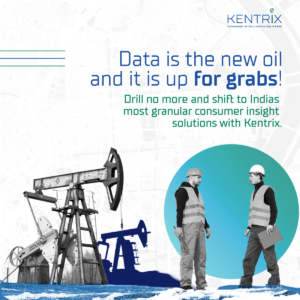How Data plays a key role in D2C businesses
In the world of business, data is considered to be one of the most valuable assets. With the rise of direct-to-consumer (D2C) businesses, data has become even more important. D2C businesses are those that sell their products directly to consumers, bypassing traditional distribution channels such as wholesalers and retailers. These businesses rely heavily on data to understand their customers, improve their products, and grow their businesses.
Data as the Key to Customer Insights
One of the most important roles of data in D2C businesses is customer insight. By collecting and analyzing data on customer behavior, preferences, and needs, D2C businesses can gain a deeper understanding of their target market. This information can then be used to develop products and marketing strategies that better meet the needs and wants of their customers. For example, a D2C processed food brand might use data on customer purchasing patterns to identify which flavors are most popular among their target market. This information can then be used to inform future product development, ensuring that the brand is offering the products that their customers want to buy.Data can also be used to improve the customer experience.
D2C businesses often rely on their websites and digital platforms to sell their products, so it’s essential that these platforms are user-friendly and optimized for conversions. By analyzing data on website traffic, user behavior, and conversion rates, D2C businesses can identify areas where their digital platforms can be improved. This could involve optimizing the checkout process to reduce cart abandonment rates, improving website loading times to reduce bounce rates, or A/B testing different variations of website design to identify which version is most effective at driving conversions. Data is also key in Supply Chain Management In addition to customer insights and improving the customer experience, data can also be used to optimize supply chain management in D2C businesses. By collecting and analysing data on inventory levels, order fulfillment times, and shipping costs, D2C businesses can identify areas where they can improve efficiency and reduce costs. For example, a D2C cosmetic brand might use data on inventory levels to identify which products are selling the fastest and which are slower moving. This information can then be used to adjust production schedules to ensure that there is always enough inventory of the most popular products, while minimizing waste and reducing the need for excess inventory. Data can also be used to optimize shipping and logistics operations. By analyzing data on shipping times, delivery success rates, and shipping costs, D2C businesses can identify areas where they can improve efficiency and reduce costs. This could involve working with different carriers to find the most cost-effective shipping solutions, optimizing packaging and labeling to reduce shipping costs, or using data on delivery success rates to identify areas where improvements can be made. In addition to these benefits, data can also be used to drive growth in D2C businesses. By analysing data on sales performance, customer acquisition costs, and customer lifetime value, D2C businesses can identify opportunities for growth and develop strategies to capitalize on them. For example, an OTT Chanel might use data on customer lifetime value to identify which customers are most valuable and which are at risk of churning. This information can then be used to develop targeted marketing campaigns aimed at retaining these high-value customers and preventing churn. Overall, data plays a critical role in the success of D2C businesses. By collecting and analysing data on customer behavior, preferences, and needs, D2C businesses can gain a deeper understanding of their target market and develop products and marketing strategies that better meet their customers’ needs. As D2C businesses continue to grow and evolve, data will undoubtedly remain a key driver of success. New data solutions available in the market today:
Kentrix offers a simple solution that provides data up to an individual residential building precision.
Kentrix is an Inclusive Business Intelligence Platform for consumer data-driven solutions in B2C and D2C, operating on data of 91.5 crores of Indian consumers.
They are identified down to the precise residential place of living.
Geomarketeer from Kentrix is a granular market segmentation analysis tool. It supports companies in India with geo-location-based intelligence, using micro-market-focused data and tools to sustainably grow D2C businesses.
By delivering this information on the Software as a Service (Saas) platform, Geomarketeer allows organizations of any size to quickly get started with market research and data-backed insights.
New data solutions available in the market today:
Kentrix offers a simple solution that provides data up to an individual residential building precision.
Kentrix is an Inclusive Business Intelligence Platform for consumer data-driven solutions in B2C and D2C, operating on data of 91.5 crores of Indian consumers.
They are identified down to the precise residential place of living.
Geomarketeer from Kentrix is a granular market segmentation analysis tool. It supports companies in India with geo-location-based intelligence, using micro-market-focused data and tools to sustainably grow D2C businesses.
By delivering this information on the Software as a Service (Saas) platform, Geomarketeer allows organizations of any size to quickly get started with market research and data-backed insights. 


